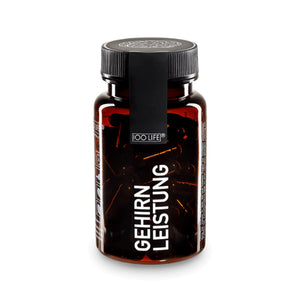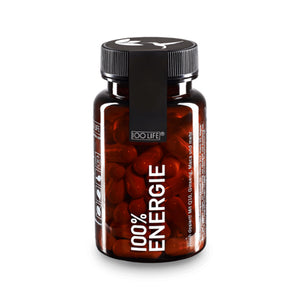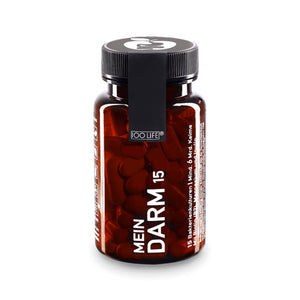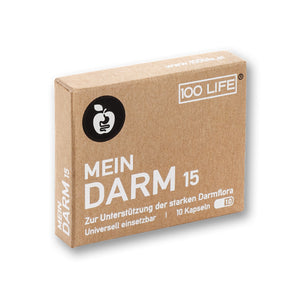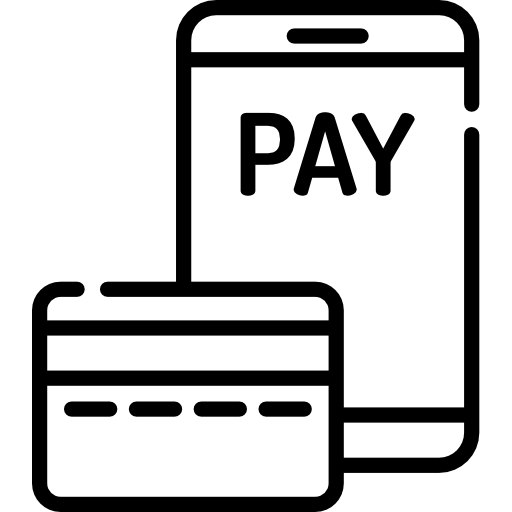Caffeine is a nerve and circulatory stimulant known as a popular pick-me-up. More precisely, we're talking about an alkaloid that can be extracted from various plants. The plants themselves use it to ward off pests. For example, this legendary substance can be found in coffee beans, cocoa pods, tea plant leaves, guarana tree seeds, and cola tree nuts. It can also be produced synthetically.
The effect of caffeine is caused by the release of stress hormones , specifically cortisol and adrenaline. We have a constant exchange of neurotransmitters between the nerve cells in the brain. This constant transmission of signals consumes massive amounts of energy, producing adenosine, which is then responsible for negative feedback is responsible.
This means:
The so-called “adenosine receptors” signal to the brain that it is under severe strain.
This creates a feedback loop on the neurotransmitters, which are then produced in reduced quantities and our brain reacts with tiredness and exhaustion.
And what role does caffeine play here?
Because caffeine is very similar to adenosine, it blocks these adenosine receptors, preventing adenosine from exerting its feedback effect there.
This means that caffeine interrupts the signal exchange, preventing the brain from receiving the signal of overload. Regular caffeine consumption causes the body to counteract this by producing more adenosine. This means that the brain receives more signals that it is tired. This leads to the need to pump more and more caffeine into the body to block these receptors, allowing the corresponding effect to develop.
